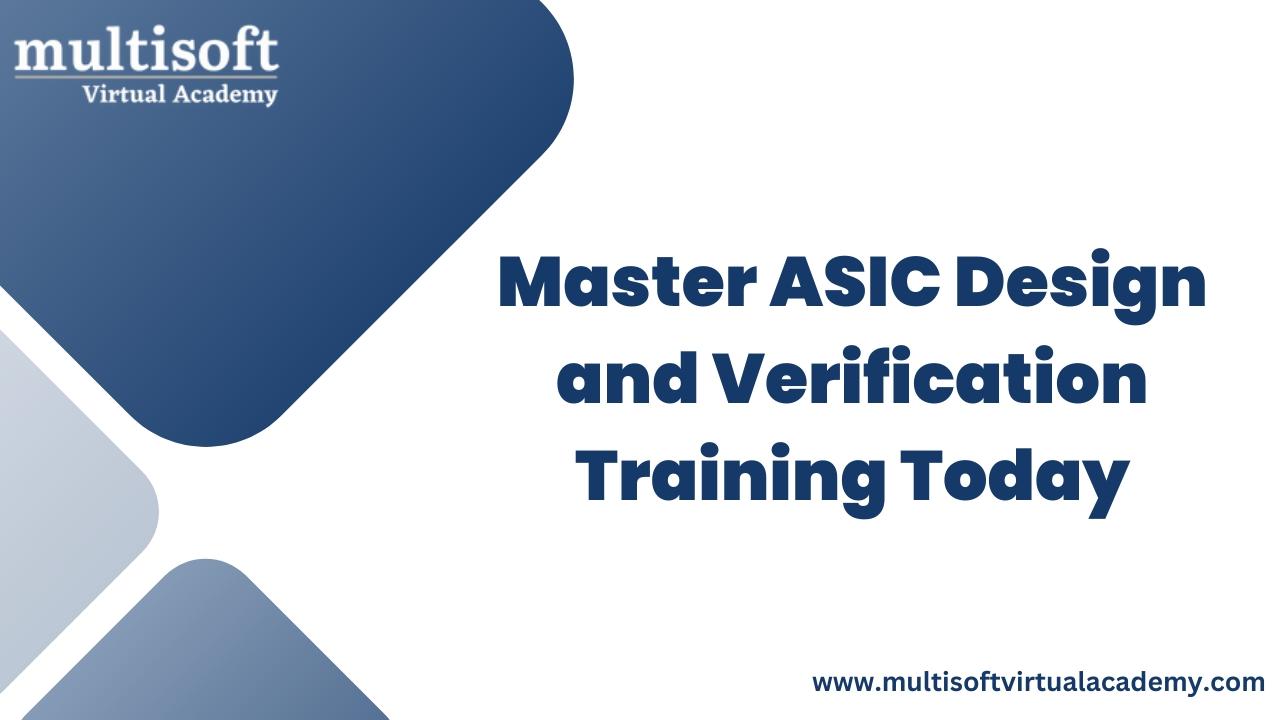measurement and Evaluation Analyst: Key Roles, Skills, and Career Outlook
Introduction
Are you interested in making a tangible impact in educational institutions through data-driven insights and assessment strategies? The Measurement and Evaluation Analyst role in education technology at universities, colleges, and schools is rapidly growing in relevance. As classroom technologies evolve, institutions increasingly require experts who can analyze educational processes, improve learning outcomes, and guide strategic decisions. If you are seeking a rewarding career in education technology where analytical expertise meets meaningful change, read on to discover how to excel as a Measurement and Evaluation Analyst.
What Does a Measurement and Evaluation Analyst Do?
A Measurement and Evaluation Analyst is at the heart of data-driven decision-making within educational settings. This specialist is responsible for collecting, analyzing, and interpreting data related to student learning, academic programs, instructional methods, and educational technologies.
- Program Assessment: Designing and conducting evaluations to determine the effectiveness of instructional programs and technology integrations.
- Data Collection: Administering surveys,assessments,and qualitative methods to gather details from students,faculty,and stakeholders.
- Statistical Analysis: Utilizing advanced statistical techniques to analyze assessment data and identify trends or areas for enhancement.
- Reporting & Recommendations: Preparing summary reports and presentations for educational leaders, offering actionable recommendations to enhance teaching practices and learning outcomes.
- Compliance Monitoring: Ensuring evaluation methods comply wiht institutional policies, accreditation standards, and data privacy regulations.
- Supporting EdTech Implementation: Evaluating the impact of educational technologies, advising on best practices, and refining tech-driven teaching strategies.
In short, Measurement and Evaluation Analysts bridge the gap between educational goals and measurable outcomes, helping shape the future of learning in today’s digital classrooms.
Key Skills Needed to Succeed
To succeed as a Measurement and Evaluation Analyst within universities, colleges, or schools, candidates need a unique blend of technical, analytical, and interpersonal abilities. Below are the essential skills for this role:
- Statistical Proficiency: Deep knowledge of quantitative and qualitative research methods, proficiency with software like SPSS, SAS, R, or Excel.
- Data Visualization: Ability to present complex data in accessible formats using dashboards and visualization tools.
- Critical Thinking: Aptitude for identifying patterns, drawing conclusions, and proposing evidence-based solutions.
- Technical Literacy: Familiarity with learning management systems (LMS), online assessment platforms, and emerging EdTech solutions.
- Interaction Skills: Strong writing and presentation skills to convey findings to educators, administrators, and stakeholders.
- Project Management: Competence in managing multiple projects, timelines, and collaborating with interdisciplinary teams.
- Ethical Awareness: Understanding of privacy laws (such as FERPA) and ethical considerations in data handling.
Recommended Qualifications
- Bachelor’s or Master’s degree in Education, Statistics, Psychology, Data Science, or related fields.
- Relevant certification (e.g.,Certified Educational Assessment Professional).
- Experience with educational research, program evaluation, or data analytics in a school or university environment.
Career Path and Outlook in Education Technology
The career outlook for Measurement and Evaluation analysts in education technology is robust and promising. As institutions prioritize student achievement and efficient tech adoption, the demand for these professionals continues to rise.
Typical Work Settings
- Universities and Colleges
- K-12 School Districts
- Online Education providers
- Educational Nonprofits and Accountability Agencies
- corporate Learning Divisions
Growth Trends
- Increased investment in digital learning tools and remote education is driving demand for skilled analysts who can verify their effectiveness.
- Institutions are expanding data-driven decision-making, hiring Measurement and evaluation Analysts to assess program quality and compliance.
- Policy Changes and accountability requirements at federal and state levels fuel the need for robust educational measurement practices.
Potential Career Progression
- Senior Measurement and Evaluation Analyst
- Director of Educational Assessment
- Education Research Consultant
- Institutional Research Manager
- EdTech Product Evaluation Lead
Benefits of Working as a Measurement and evaluation Analyst
This role offers unique advantages for those passionate about education, technology, and analytical problem-solving:
- Impactful Work: Directly influence the quality of education, driving improvements at institutional and classroom levels.
- Continuous Learning: Engage with cutting-edge technologies and educational research, fostering ongoing professional growth.
- Collaboration: Work closely with educators, administrators, technologists, and policymakers.
- Career Mobility: Skills are transferable across different educational settings and sectors.
- Competitive Compensation: Salaries are above the national average for education sector roles, especially for those with advanced technical skills.
Practical Tips for Aspiring Measurement and Evaluation Analysts
Whether you’re new to education technology or transitioning from teaching or data analytics, here are practical steps to land and succeed in a Measurement and Evaluation Analyst position:
- Develop Technical Skills: Build fluency in data analysis tools (SPSS, R, Excel) and familiarize yourself with common educational technologies.
- Seek relevant Experience: Volunteer for research projects, or intern in institutional research offices to gain hands-on practice with assessment methods.
- Network Strategically: Attend education technology conferences, join professional associations, and connect with current analysts for mentorship.
- Create a Portfolio: Document your research projects, evaluations, or data analysis work and showcase how your insights led to actionable change.
- Stay Informed: Subscribe to leading education journals and blogs to keep up-to-date on trends in assessment, evaluation, and EdTech innovations.
Focusing on these strategies will set you apart and demonstrate your readiness for a successful career in educational measurement and evaluation.
Conclusion
The Measurement and Evaluation Analyst role is central to shaping the future of education in universities, colleges, and schools. By blending analytics, educational theory, and technical expertise, you can influence teaching practices, improve learning outcomes, and ensure technology investments deliver on their promise. If you’re drawn to data-driven decision-making and eager to contribute to educational innovation, this career path offers lasting impact, professional growth, and exciting opportunities. Pursue the skills and experiences outlined above, and take meaningful steps toward a fulfilling career in education technology.

